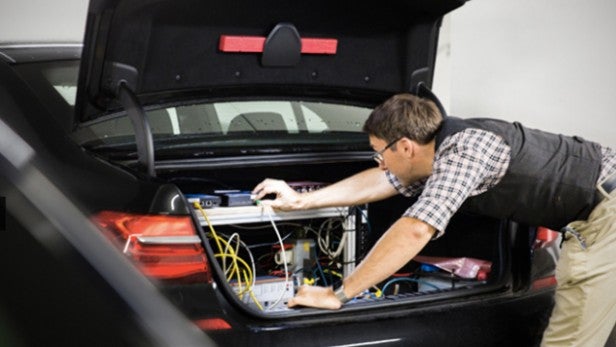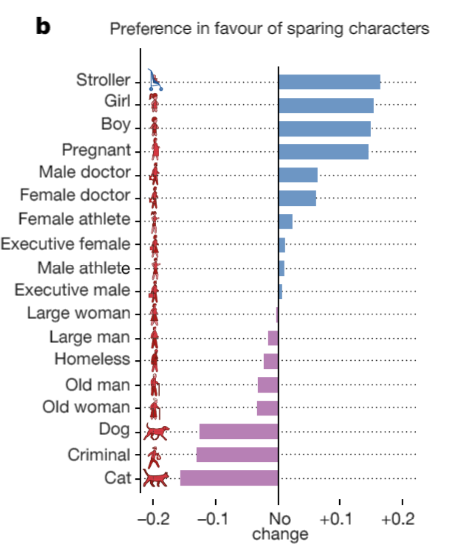Who lives and dies in a self-driving car accident? New research will shock you

When autonomous cars are a fixture on our roads, they will have life or death decisions to make, just like human drivers.
In the split-seconds prior to an imminent accident, autonomous systems will make moral choices that could place the driver, other road users, or pedestrians at greater risk depending on who’s life has priority.
For example, does the car swerve away from a group of pedestrians in order to strike fewer people? If it sees a child crossing the street, does the car sacrifice you, the adult driver? And who makes those decisions over whose safety to prioritise when these systems are programmed?
A group of MIT researchers has been looking into exactly what those moral and ethical considerations should be, in a massive online survey published this week. The Moral Machine Experiment consulted 2 million users in more than 200 countries, via an online game of sorts, in an attempt to form a consensus on whose lives had the most value.
The study (via WEF) found there were three elements that people most agreed upon. Humans should be sacrificed over animals, the lives of the many should be prioritised over the lives of the few, and the young should have priority over the old.
However, there were some weird exceptions. Dogs should be prioritised over criminals, while a male athlete should have more right to live than a large woman, according to the respondents. Relatively speaking, cats are at the bottom of the totem poll.
While there were differences in nations and demographics, the overall results can be seen in the table below:

Image credit: MIT Media Lab
“The question is whether these differences in preferences will matter in terms of people’s adoption of the new technology when [vehicles] employ a specific rule,” says Edmond Awad, a postdoc at the MIT Media Lab and lead author of the paper.
He added: “What we have tried to do in this project, and what I would hope becomes more common, is to create public engagement in these sorts of decisions.”
Who do you believe should be priorities in a self-driving car accident? Drop us a line @TrustedReviews on Twitter.


